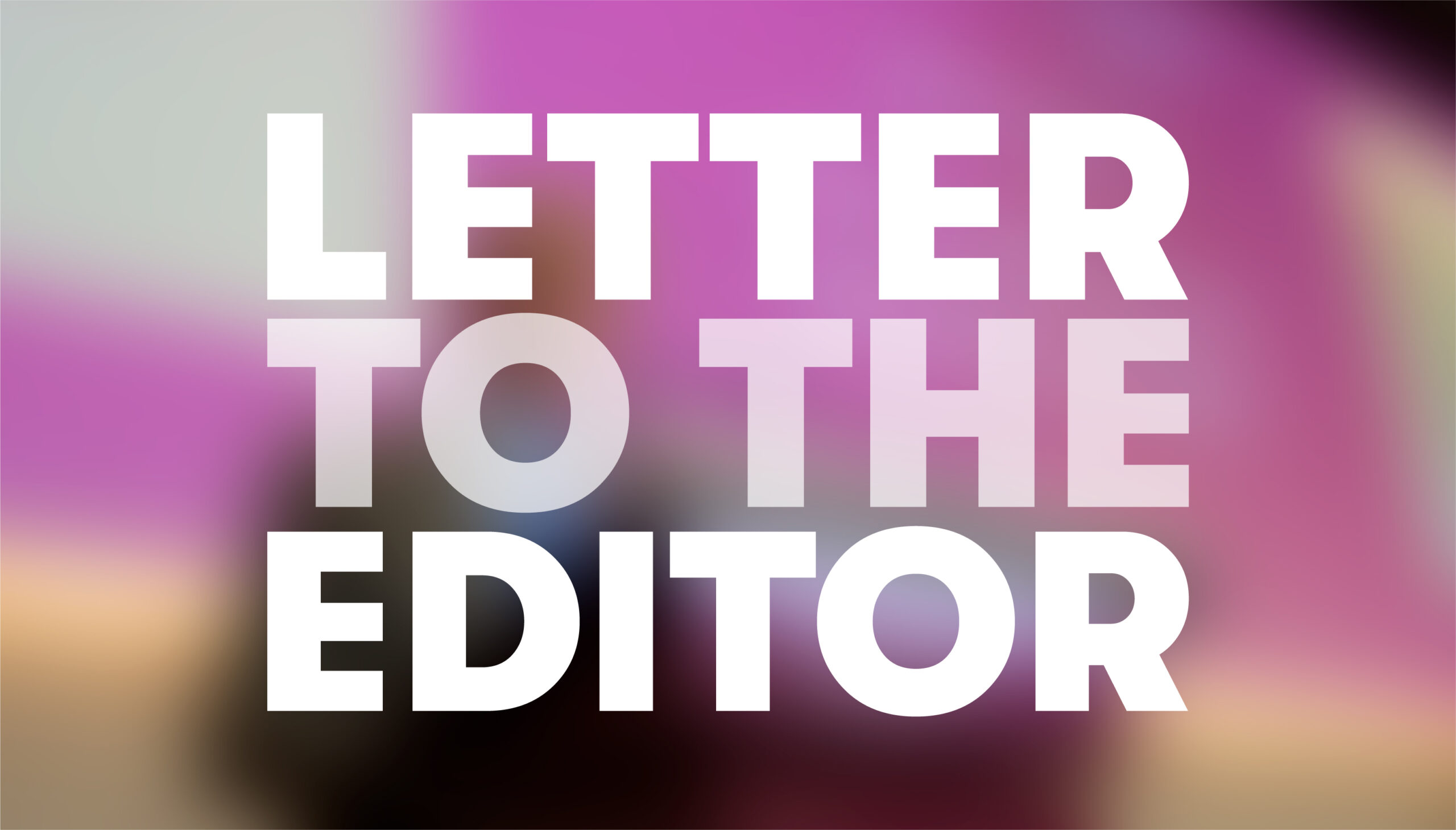Dear editors,
I greatly enjoyed the research paper “The Shangri-La Dialogue: Ensuring Singapore’s Relevance in Defence Diplomacy” published on 8 November 2020. I would like to offer a contrarian perspective of the Shangri-La Dialogue (SLD) amidst COVID-19. While the SLD’s cancellation may diminish certain unique contributions of in-person dialogues and take away an opportunity to remind the world of Singapore’s reputation for hospitality, efficiency and security, I believe a virtualised format amidst the new normal imposed by COVID-19 stands to bring even greater value to host and participant countries in terms of substantive strategic impact in service of their national interest.
As any policy staffer will readily attest to, COVID-19 has made such conferences are now easier than ever to watch, follow and participate in. While initially daunting and disorienting, our forced march into the realm of video teleconferencing has vastly lowered barriers to organisation and participation—no longer do countries and think tanks need to dedicate entire battalions of staff to catering for VIP security and leisure, nor do countries need to fork out precious time and money for its officials to travel across the globe to give a round of applause. Young, keen and often time-pressed researchers can sit in and hear the latest on the state of multilateralism writ-large from the comfort of their sofas, just as cabinet ministers and ambassadors give their speeches in the convenience of suits-on-boxers. Most of all, delegates’ policy staffers can now concentrate on producing quality research and dialogue readbacks rather than deal with the innumerable logistical complications that emerge from welcoming several hundred delegates with secure equipment, dietary preferences and personal belongings from across the world into Orchard Road. The world of strategic forums has never been more accessible than it is now.
Greater accessibility also means a greater audience to these dialogues, and this is crucial to overcoming the structural gaps reproduced in highly-exclusive, high-budget forums. For the less developed country that already lacks the necessary legal, diplomatic expertise to table motions and participate fully in such dialogues, eliminating the hassle of flying halfway across the world may enable dialogues like the SLD to empower a greater selection of state perspectives. Greater accessibility of conference proceedings to delegates and speakers also guarantee that competing, strategic messages can reach a wider audience so long as they have the requisite Zoom link and a Wi-Fi connection. This levels the playing field of diplomacy in favour of smaller, resource-scarce developing states—a constituency in the international arena that Singapore often seeks to lead in international forums.
Finally, it is also easier in a virtual setting to see strategic clashes for what they are—in our present age, this is perhaps more important than projecting calm via the convivial exchanges between high-level delegates (if they even decide to get along). Strategic clashes emerge from discordant messages, whether that message be that Singapore saying it stands for an open, rules-based international order, China reminding the world it has always been a civilisation of peace or the United States putting pressure upon countries to attribute state-launched cyberattacks. In a pre-COVID world, the sterile, diplomatic setting replete with its protocol and manufactured photo-ops may lead the general public to mistake form with substance—when in fact multilateral forums have increasingly been used as sites of contestation in hybrid form in a world of diminished multilateralism and Great Power competition.
At the end of the day, international dialogues like the SLD serve first and foremost to project a country’s national interests via a public airing of geopolitical perspectives to an informed and influential audience. A bigger audience from more diverse national backgrounds is better, and more time for staffers and politicians to think hard about what they have to say probably bodes for better chances of substantive results. We should not fetishise the diplomatic spectacles typical of our pre-COVID world; after all, dinner hospitality, cocktail receptions and presidential suites didn’t seem to help prevent multilateralism’s slide into its present, sorry state.
